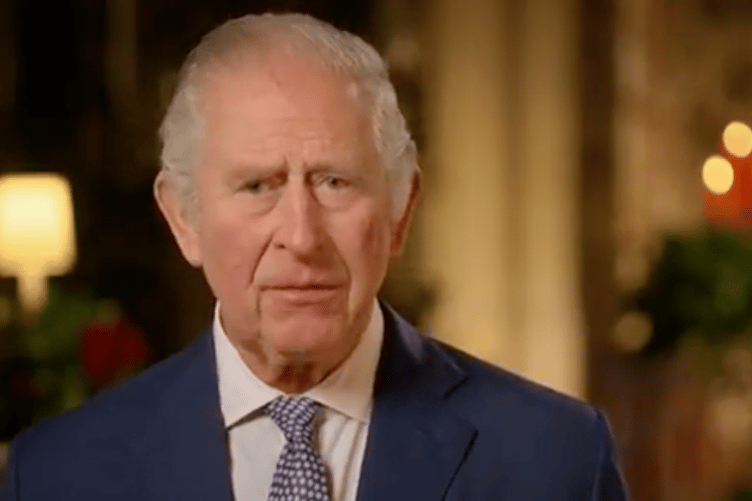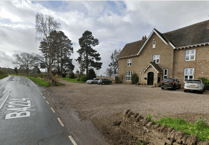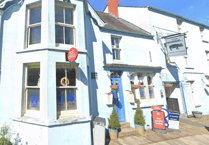The Honours System is a tradition arising from the monarchy as the King is the person who formally issues and he or a member of the immediate Royal Family, to whom the task may be delegated on the day, formally bestows the particular Honour awarded in a formal ceremony.
The Honours range from a knighthood / dame ship for women, to being made a Companion of Honour, a Commander of the Order of the British Empire (CBE), an Officer of the Order of the British Empire (OBE), a member of the Order of the British Empire (MBE). Two further awards are The British Empire Medal (BEM) and the Royal Victorian Order (RVO).
Knight or Dame – this is awarded for contributing to any activity, usually at national level. The contribution should be seen as inspirational and significant, requiring a commitment over a long period of time.
Companion of Honour – this is awarded for contributing in a major way to the arts, science, medicine, or government over a long period of time.
CBE – this is awarded for having a prominent but lesser role at national level, or a leading role at a regional level. A distinguished, innovative contribution n any area can also be awarded this honour.
OBE – this is awarded for having a major role in any activity, including people whose work has made them known nationally in their chosen area.
MBE – this is awarded for an outstanding achievement or service to the community. This is expected to have had a long-term, significant impact and to stand out as an example to others.
BEM – This is awarded for a ‘hands-on’ service to the local community. This could be a long-term charitable or voluntary activity, or innovative work of a relatively short duration (3 to 4 years) that has made a significant difference.
RVO – this is an award given by the King – usually to people who have helped him personally, like members of the Royal Household staff or British ambassadors.
Anyone can nominate someone for an honour, but no type of honour can be specified. This nomination needs to demonstrate the outstanding quality of the contribution the individual has made and describe as vividly and precisely as possible the difference their contribution has made. This needs to be supported by detailed examples. The Honours and Appointments Secretariat in the Cabinet Office coordinates the operation of the Honours System. It provides administrative support to the independent Honours Committees which consider nominations. Once an honours nomination is submitted to the Honours and Appointments Secretariat in the Cabinet Office a process of validation is carried out to assess the strength and credibility of the case.
Views will be sought, for example, from government departments or professional organisations, such as business or charitable groups. In order to protect the integrity of the honours system probity checks with a number of the government departments are also carried out. Once these processes have been concluded names are submitted to the Prime Minister and the reigning monarch. If they are approved they become part of an Honours List, awarded either at the New Year or on the Occasion of His Majesty’s birthday. Prime Ministers are also entitled to submit an honours list on leaving office, which equally requires the approval of the Prime Minister and HR King. The Prime Minister can veto individual names on this list or, in extreme cases, reject the entire list.
Meetings of the Linton & District History Society take place on the first Wednesday of each month, with the exception of January and September, in the Linton Village Hall at 7 for 7.30 p.m. Further information can be found on the Linton & District History Society section under ‘Clubs and Societies’ on the Linton Village Hall website www.lintonvillage.com





Comments
This article has no comments yet. Be the first to leave a comment.